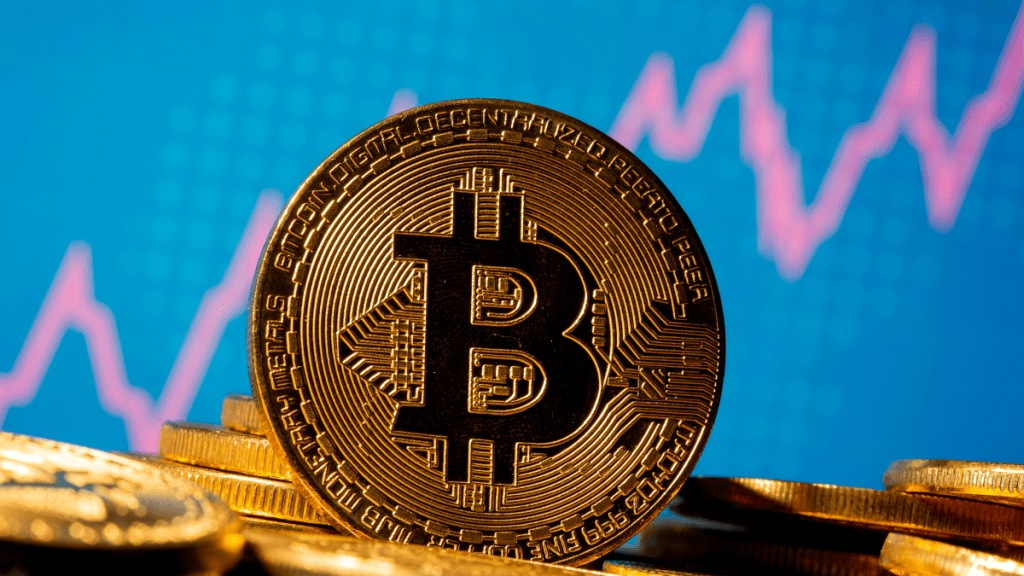In the brave and hazy world of cryptocurrency, a telling sign of the high risk for investors is the clause of “force majeure”. WazirX, one of India’s biggest crypto exchanges with a user base of over 16 million, proffered “force majeure” — literally “greater force” and related to an act of God — as an explanation after hackers wiped off $230 million (nearly Rs 2,000 crore) from its reserves when one of its multi-signature wallets was compromised earlier this month. Many crypto platforms include the clause in the terms and conditions, which prevent them from being held accountable for events thus labelled. While the WazirX heist was bad enough, investors and experts have justifiably vented ire after the exchange adopted a strategy to socialise the losses caused by the cyberattack.
WazirX lost 45% of the holding assets on the exchange. In response to the cyberattack, it froze assets and withdrawals of traders temporarily, and then said that 55% of the crypto assets on the platform would be made available for trading and withdrawal. Those users who did not suffer losses in the cyberattack, too, would have access to only 55% of their assets, while 45% of their remaining tokens would be converted to stablecoins pegged to the US dollar and locked. Effectively, in order for WazirX to “distribute the impact equitably”, the portfolio value of a section of investors could take a hit. WazirX will carry out a user poll on August 3. But the pushback shows its proposal has not gone down well, and rightfully so.
Socialising losses is an absurd logic and is unfair on investors, apart from betraying attempts on the part of the company to escape liability. If at all such socialising was enforced, by the same token a section of customers could demand socialising of profits. Such a suggestion runs counter to the logic of stock trading and investments. In a short period, decentralised finance has offered Internet users ease of access to financial services with an alternative to physical banking that promises to create a more open, borderless, and fair market. The nascent sector has been built on claims of secure technologies such as blockchain. Yet cyberattacks have been a continuing threat to the crypto industry. According to one report, hackers robbed crypto platforms of around $1.7 billion last year and the number of such episodes grew even though the amount stolen had halved since 2022. Customers face a double whammy of high market volatility as well as cyber threats. Therefore the least that crypto platforms can do is put stronger cyber security controls in place. Inexplicably, WazirX did not insure customer deposits unlike many other exchanges.
WazirX has to make good the losses. And although the government cannot and should not intervene, it should also not stay in denial and allow crypto platforms to operate with opacity in a regulatory vacuum. In 2018, the Reserve Bank of India had prohibited financial institutions from dealing with crypto exchanges citing concerns about market integrity, money laundering, and consumer protection. Two years later, the judiciary overturned the order. The status of a Bill, introduced in Parliament in 2020 to regulate crypto and prepare the ground for the central bank to issue a digital currency, has remained unclear. The government has been levying taxes on crypto users since 2022, so it should also work towards creating a strong regulatory framework to fix liability on companies.

